Here are the members of the Discover Materials Working Group – check out their profiles to find out why they love Materials Science and Engineering.
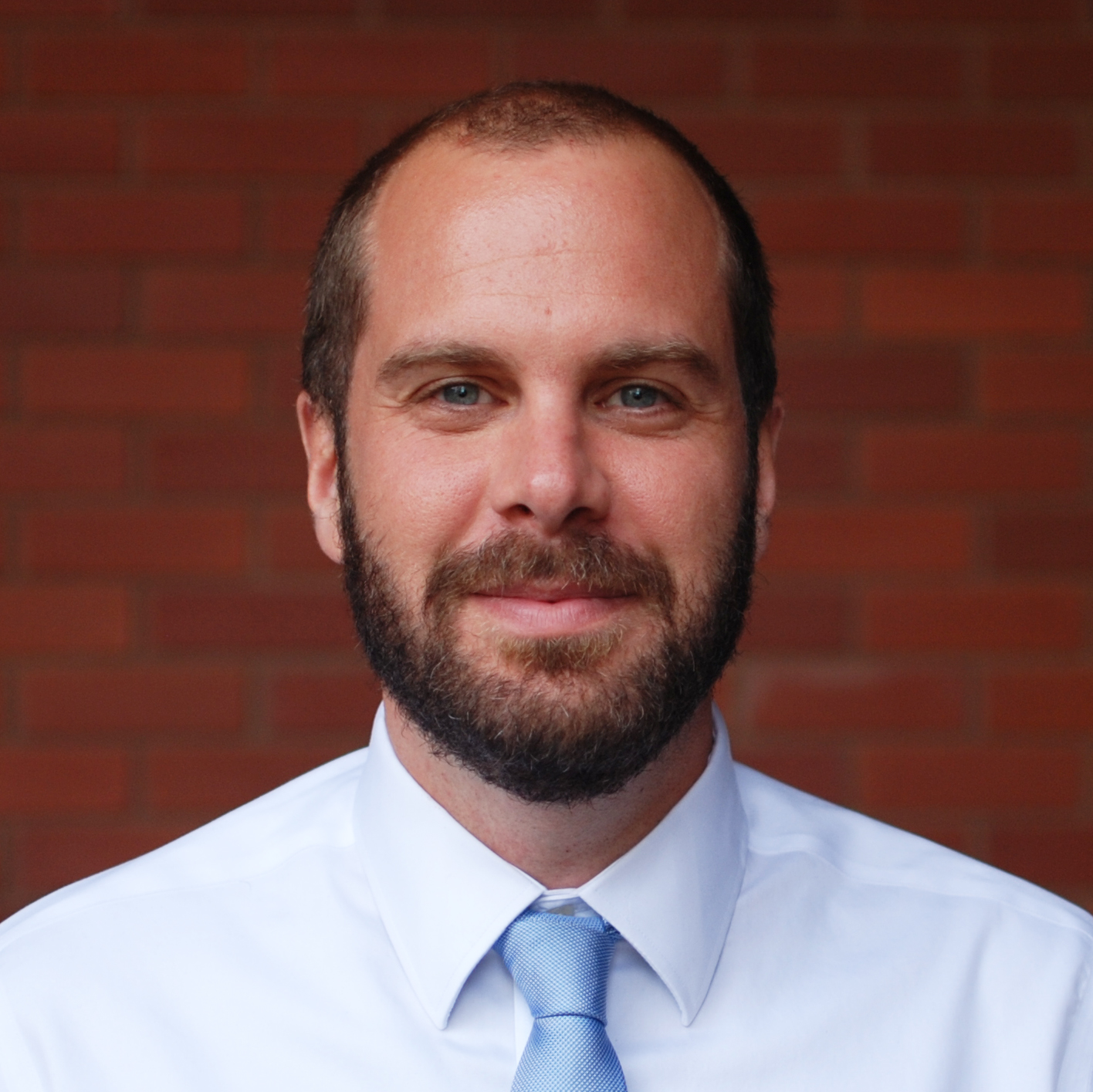
I try to improve alloys used for advanced applications such as jet engines and bio implants, using computer simulations to understand how atoms interact in these materials, and trying to predict how changes in composition my change the behaviour of the materials I work with. I love how Materials Science and Engineering truly applies to everything, and how all of our technology relies on our ability to exploit the amazing properties of materials.

Chris coordinates the activities of the Discover Materials group and has carried out research into waterproof surfaces and how bubbles can be used to put out fires! He loves Materials Science and Engineering as it brings together lots of different areas of science and is applicable to everyday life because, let’s face it, everything is made of something and that something is a material!

I study what we call Smart Materials! These are materials capable of interacting with external stimuli (such as light, heat, pressure, humidity) and change their properties due to these interactions. Examples are materials that can self-heal and pressure-sensitive materials, a bit like the human body! Who would have thought that materials could be smart? I got into Materials Science because it is AWESOME! It is a discipline that brings together Physics, Chemistry and Engineering in a practical world with endless applications.

Becky currently works for a project called SUSTAIN, based at Swansea University looking into the decarbonisation of the steel industry. She found out about Materials Science and Engineering by accident on a University Open Day and has never looked back. Becky’s favourite part of Materials Science and Engineering is breaking and testing materials as well as using microscopes to see the incredible details on the surface of materials which are not visible with the naked eye.

Han’s research motivation comes from the needs for the next generation of sustainable high performance composites with integrated multifunctionalities for future lightweight structural applications. Han is always curious about how to achieve a better world by making better materials, how to reach desired properties by optimised materials selection, modification and processing.

I primarily research how metals break, particularly as a result of corrosion and how we can prevent it. I got into materials very randomly: I knew I liked chemistry and physics, but then a friend of my mother’s came to dinner and introduced me to materials science just before my UCAS applications.

My research expertise is in multifunctional polymer composites. The multifunctionalities can benefit in variety of applications, such as healthcare monitoring, motion sensing, thermoresponsive resistive heating and athlete performance tracking. The development of new and improved materials is at the heart of a huge range of technologies, from the objects we use every day, such as food packaging, to novel batteries and fuel cells to power electric vehicles, through to more advanced materials for biomedical applications, such as implants.
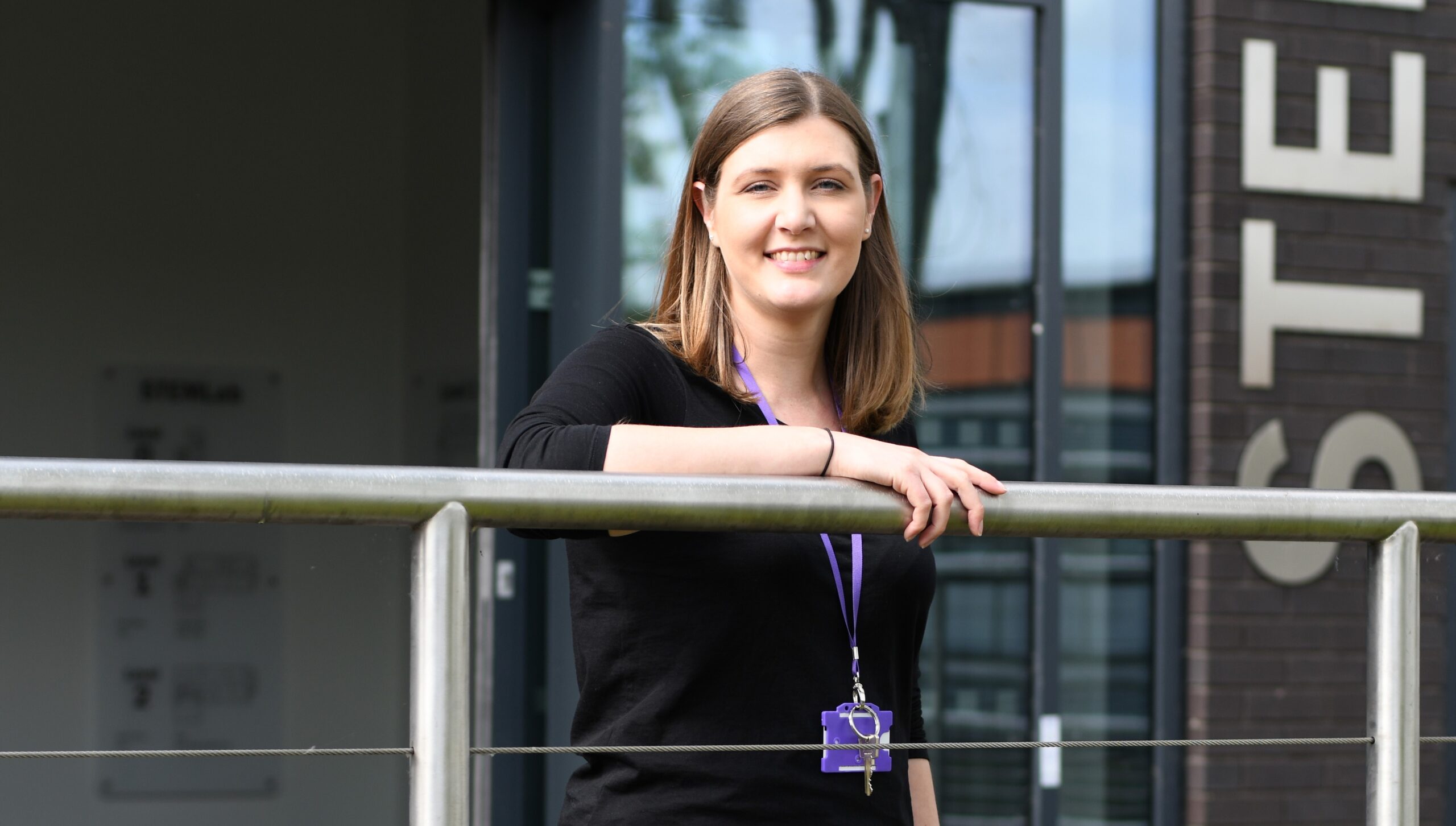
I teach aspects of Materials Science that relate mostly to polymers, their properties and how we can process them into new things! A big problem with polymers now is the amount of plastic waste and the effects on the environment and so my research is on creating new sustainable polymers from renewable resources. I loved Chemistry and Biology at School and as I didn’t know about Materials Science at the time, I studied for a degree in Chemistry. I realised at University that I enjoyed research and stayed on to do a PhD in Polymer Chemistry. Since then, my research has led me into Materials Science and Engineering rather than other STEM areas.

My research is focussed on developing the metallic alloys of the future. I design materials for inside jet engines, the aircraft they power and for heading into space. As part of this work I use high power X-rays to study alloys that can change shape on their own – metallic magic! I first came across materials science as part of A Level physics and rapidly became hooked. I found that it filled a niche between science and engineering. Everything is made of something but why has a certain material been selected and how can we make it better?. To answer those questions you have to appreciate the engineering aspects of the application and understand the fundamental science that governs a material’s behaviour.
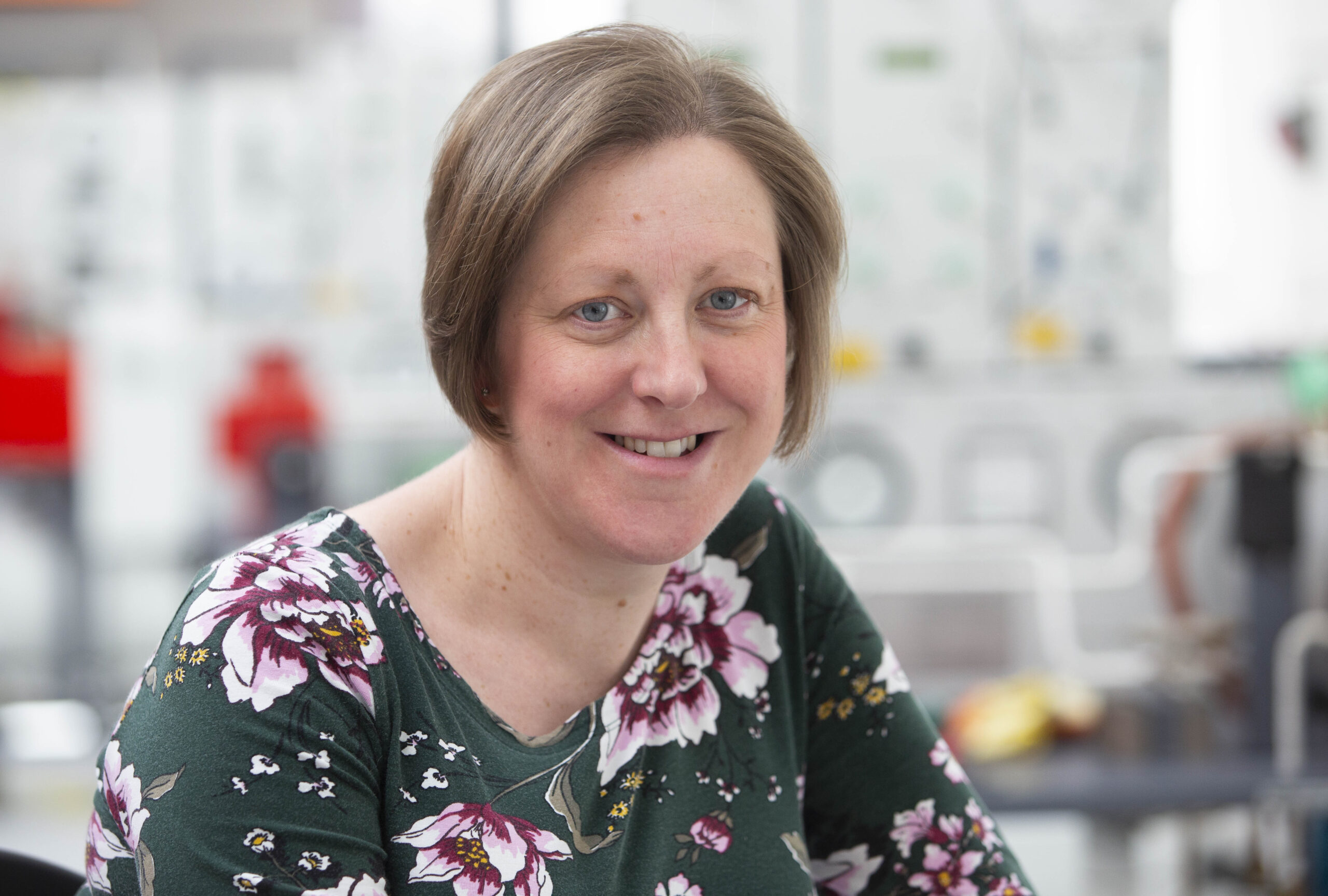
I am a Senior Lecturer in the department of Materials at Loughborough University, and I am a synthetic polymer chemist by training. My research is focussed on the synthesis of responsive polymers for applications from Magnetic Resonance Imaging through to degradable packaging. I am passionate about Materials science as it allows us to understand why materials have the properties that they do, and design better materials for our future.



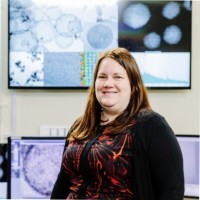




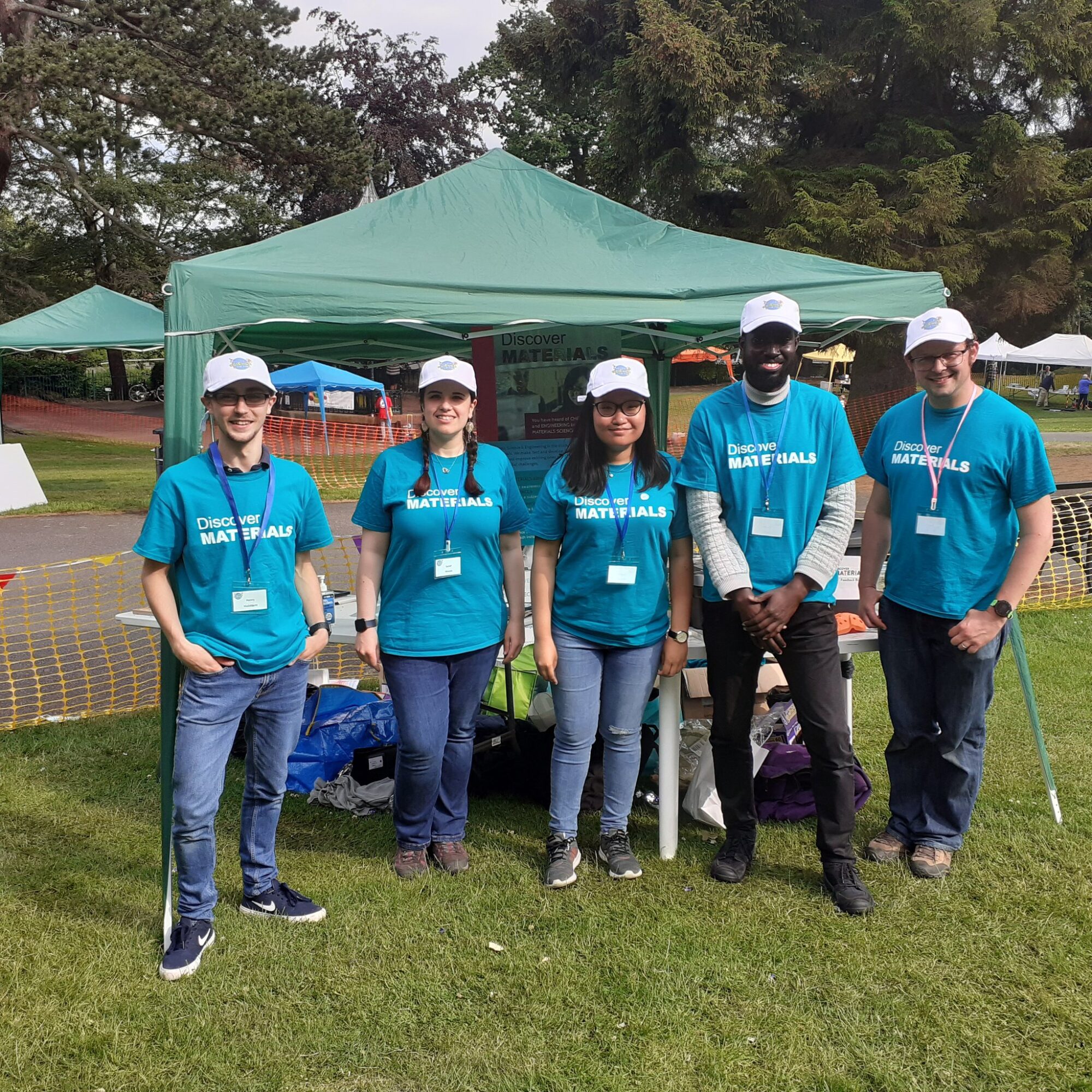
Our fantastic ambassadors are young, enthusiastic scientists who love sharing their passion for Materials Science. Click the link below to find out more about them and why they love Materials Science

Association of Heads of University Materials Departments are the Heads of the Materials Science and Engineering departments of nine UK universities who founded the Discover Materials Working Group in 2017.

A board of seven expert volunteers with a passion for Materials Science and Engineering. The board has representation from academia, schools, exam boards, educational charities and the Institute of Materials, Minerals and Mining (IOM3).